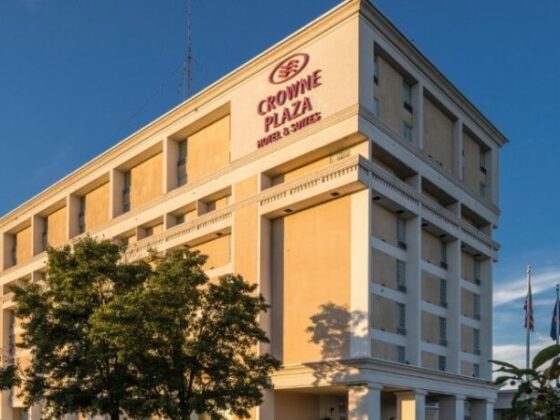
The hospitality industry is ultra-competitive, requiring smaller hotel management companies to utilize a hands-on approach to hospitality management. While large management companies maintain an advantage of scale, smaller operators can be more agile and proactive in addressing challenges and opportunities. Here are five techniques smaller management companies may employ to optimize hotel performance:
Proactive Owner Alignment and Engagement
Before entering a management agreement, smaller hotel management companies should engage in meaningful discussions with the hotel owners to ensure alignment on vision, goals, and performance expectations. Upfront communication will allow the management company to operate efficiently by making informed decisions without the need for ongoing owner involvement. The management company can then provide updates to owners on a schedule that suits their preferences, ensuring transparency and progress toward shared objectives while building trust. This proactive approach positions the management company to swiftly adapt to challenges and opportunities, optimizing both profitability and guest experience while growing asset value.
Operational Flexibility
Unlike big firms that are stuck in their structures, smaller management companies can, and should, quickly pivot in response to a shift in the market, brand standards, or economy. This flexibility enables the swift implementation of fresh ideas, whether adjusting revenue management strategies or changing service levels based on guest feedback. Being nimble, smaller companies can quickly exploit market trends, maximize revenue, and simplify operations without the lag typical of larger institutions.
Hands-On Leadership
Smaller firms have a leaner organizational structure, with senior leadership much more closely engaged in the day-to-day operations of the hotels in their portfolio. Senior leadership is not afraid to get their hands dirty, which creates high accountability and responsive problem solving. Leaders are mentors, guiding and coaching in a collaborative environment and dedicating time to developing the hotel’s team. This level of close involvement helps ensure that brand standards are executed consistently and efficiently across all levels of an organization.
Cost Efficiency and Strategic Partnerships
Since the leadership of small management companies is more involved in the day-to-day of the hotels they manage, they can deliver the same, or better, service levels at a lower cost than larger competitors. This is achieved by managing costs in real-time and by identifying the best opportunities to negotiate with vendors. Partnering with the most up-to-date technology providers, GPOs, or procurement specialists, and local businesses creates more cost-savings opportunities. Due to their close relationship with their hotels, the ability to partner with local vendors helps small management companies get better rates and quality, resulting in more operational efficiency and profitability.
Focus on the Guest Experience
Without layers of corporate hierarchy, smaller management companies can focus on guest satisfaction at the property level. By applying ongoing hands-on training, service culture, and consistent execution, they can drive positive reviews, brand loyalty, and repeat business at a lower cost of acquisition. A personalized approach to service allows smaller management companies to deliver an exceptional guest experience.
By leveraging these advantages, smaller management companies can be competitive, deliver great financial results, add asset value, and create long-term success for hotel owners. They can offer personalized service, operational flexibility, and a strong focus on the guest experience, which is a unique value proposition in the hotel management space.








